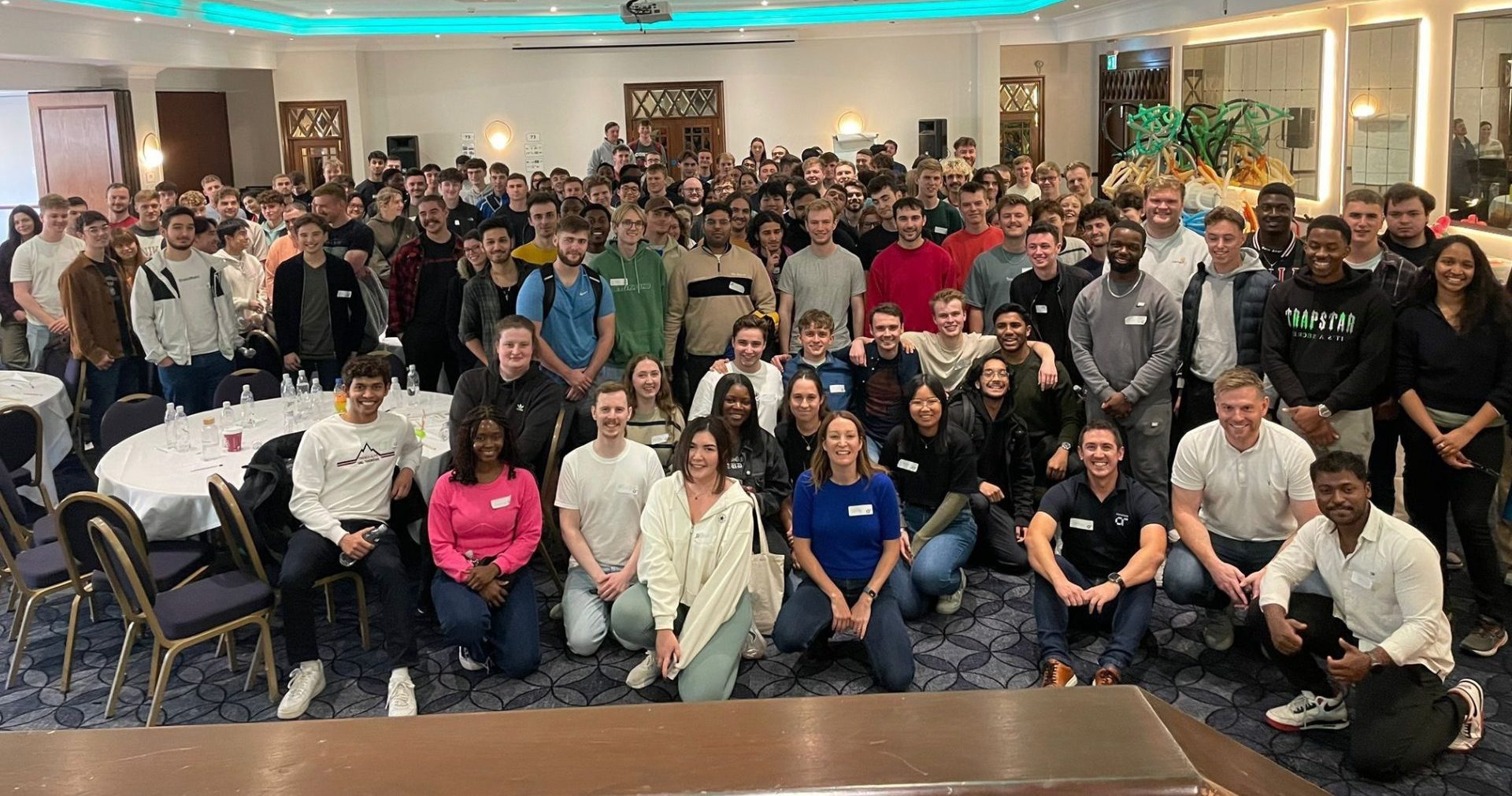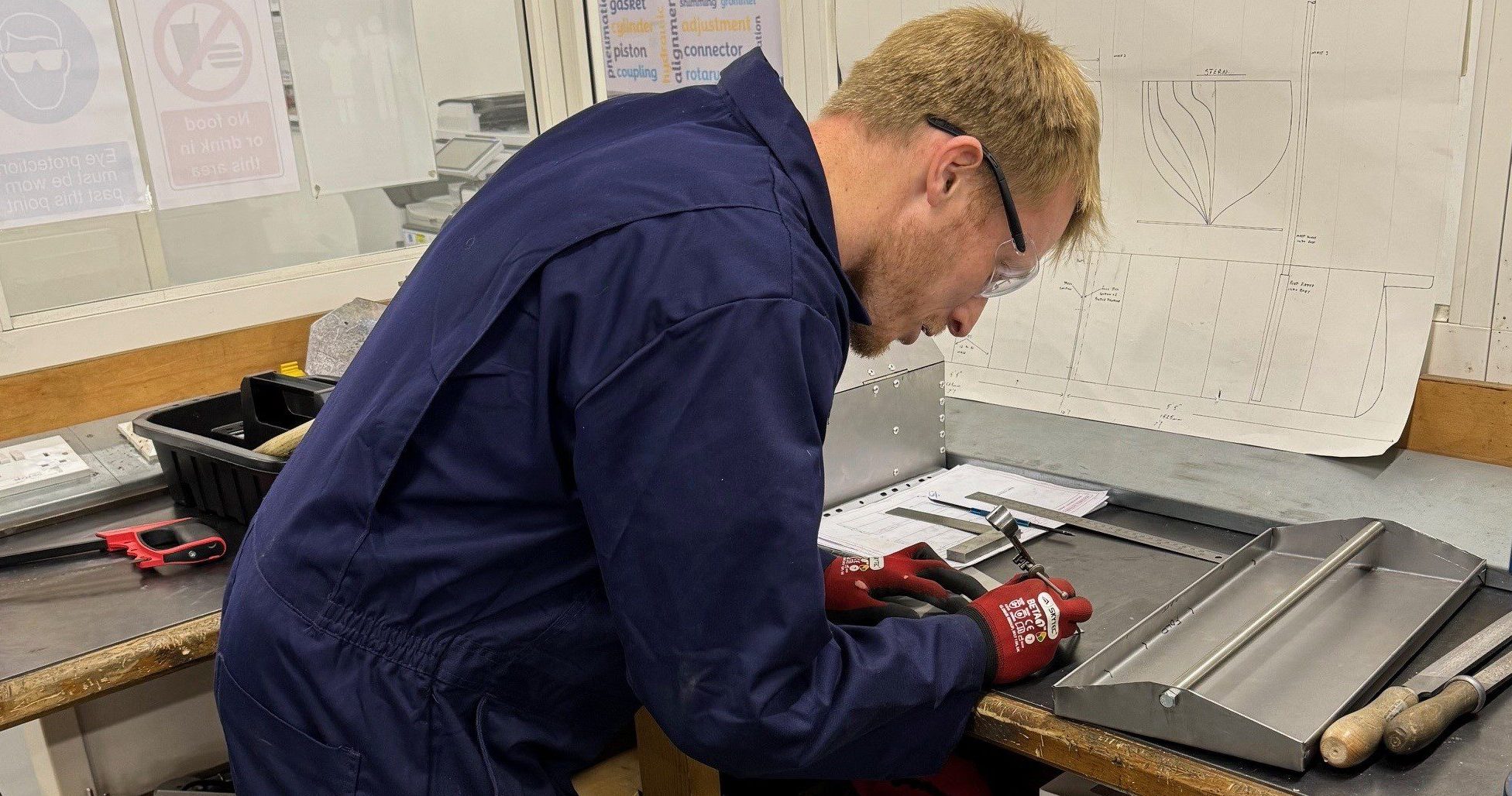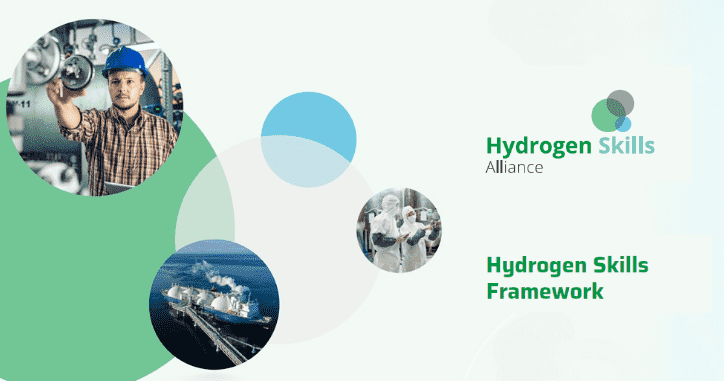Huge opportunities exist for graduates to forge a career in the engineering construction industry amid a growing demand for skilled workers.
From the minute they leave university, graduates can make an immediate impact on real-life projects, all while earning a competitive salary, broadening their professional qualifications and progressing their careers.
As the employer-led skills body for the industry, training and developing new entrants is a key priority of the Engineering Construction Industry Training Board (ECITB). The ECITB’s Graduate Development Grant supports around 300 graduates each year, with employers receiving funding towards the training and development of their graduates.
AtkinsRéalis, an engineering services and nuclear consultancy, uses this grant for its two-year Graduate Development Programme. Enrolling more than a hundred new entrants each year, the programme is designed to help develop the skills and knowledge needed in a graduate’s early career.
Based on their experiences, two of the company’s star graduates have offered tips to anyone pondering their next steps after university.
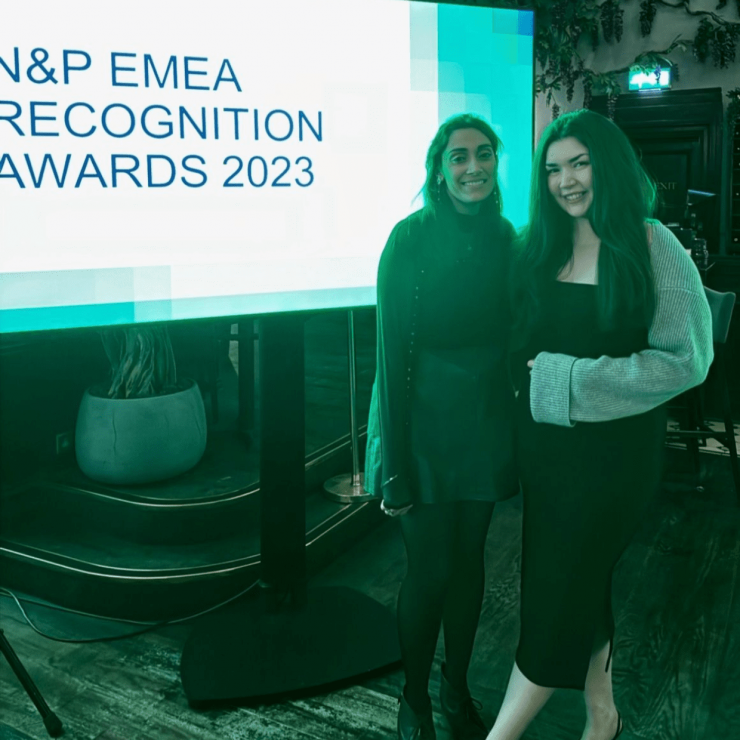
Meet the graduates
Lesley Meredith and Jasmine Sagoo were shortlisted in the Early Career Professional of the Year category at the AtkinsRéalis Recognition Awards after a standout first year with the company.
The pair (pictured at the ceremony in February 2024, where Jasmine was the winner) excelled on the programme after graduating in 2022, both in terms of projects worked on and their contribution to the graduate community.
They joined its Graduate Apprentice Placement (GAP) Committee, planning events and socials for a community of around 200 early career professionals, such as the annual team-building weekend Lesley organised in York in October 2024 (main picture).
Lesley Meredith
The 23-year-old, a physics graduate from the University of Leeds, started as a Graduate Safety and Reliability Engineer at AtkinsRéalis before progressing to become Assistant Safety Engineer in March 2024. As well as being the Chair of GAP, her standout project was working on nuclear safety categorisation of the Hinkley Point C nuclear site. She has also supported the onboarding of graduates by developing a ‘new-starter checklist’.
Jasmine Sagoo
The 25-year-old, a graduate in chemical engineering from the University of Birmingham, started as Graduate Process Engineer before becoming Assistant Process Engineer in April 2024. As well as being a GAP social rep, her standout project was modelling a test rig for the UK Atomic Energy Authority. She has taken on numerous co-ordinator roles, is a STEM Ambassador and gained a 12-month placement in Canada. She was also shortlisted for the ECI Training and Development Awards 2024.
Our five nuggets of advice on graduate careers
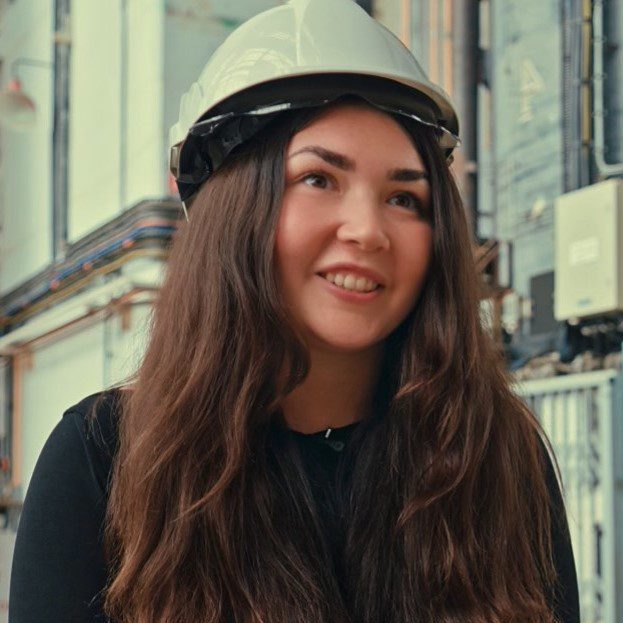
1. Be proactive: “It’s important to start looking quite early on for what you’re going to do after university, such as in your second year. Often job opportunities need you to sign up or put your applications through by the end of semester one of your final year.”
2. Good to talk: “If you’re uncertain, go to career fairs and speak to former graduates about their experiences. I always felt inspired when people talked to me. I now attend these fairs to reassure people there are definitely roles to fit their needs and capabilities.”
3. Look into schemes: “The biggest benefit to getting on a graduate scheme like I did is that the business recognises you are a graduate and that you need support. They don’t expect you to know everything from day one.”
4. Importance of community: “It helps to look at the different activities a company is doing, which you can often find on its social media. Having an early career community around you who are also transitioning from university to work life can help ease you in.”
5. Don’t believe the myths: “Sometimes there’s a stereotype that you have to be really good at maths and engineering is just doing calculations, but it’s so much more than that. I’m a creative person, but I still became an engineer. There are all sorts of skills and roles needed in industry, so don’t feel intimidated.”
Lesley Meredith
Assistant Safety Engineer, AtkinsRéalis

1. Experience industry: “I did a placement which helped me figure out what I wanted to do. I’d recommend doing the same, even just eight weeks of doing something can show you what you do and don’t like which can help inform your next steps.”
2. Wider considerations: “There’s so much more to a company and your career development than just the job role. Consider the community that exists in the company, its values or if they are recruiting and looking to grow. I love STEM, for example, and have been able to get involved in loads of stuff as it’s front and centre at AtkinsRéalis.”
3. Get involved: “When you first start, get involved as soon as possible in technical work and stuff like socials. It helps to say yes to everything early on. I did that even though it was out of my comfort zone. Yes, it made things hectic, but because of that I met loads of great people and grew in confidence in my work.”
4. Trust your soft skills: “It can get frustrating when exams are mostly memory based. I don’t do any memory stuff now, there’s equations I use but they’re written down. What’s more important is your passion, interests and social skills. Having soft skills will take you way further than having the greatest memory in the world.”
5. Give back: “The industry will need many more new entrants like us in the future, so we need to engage with young people to encourage them to consider a STEM career. We know dropouts are quite high with people taking STEM subjects after GCSE. I had a great support network, but not everyone’s as fortunate, so I try to give back and provide a bit of guidance. For me, that’s going into schools, doing experiments and making it fun.”
Jasmine Sagoo
Assistant Process Engineer, AtkinsRéalis

